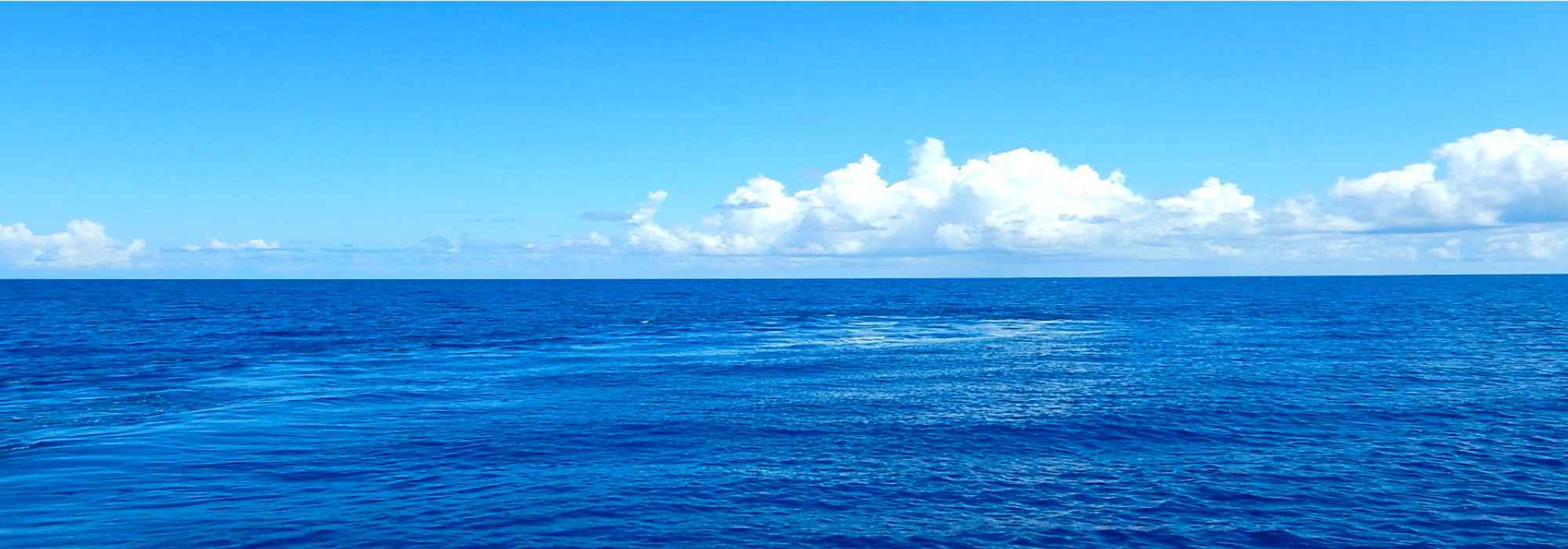Making Local Strings
The Tuvaluan people have utilized coconut fibers for various purposes in diverse scenes of their daily lives. As in the drawing below, there are three types of the local string, namely, kolokolo, kafa, and kinalolo (or fakavaipua). The first step to make the local string is to soak some coconut fibers in the sea water for two to three months. Thereafter, you take them out and dry them up to make makākafa, which is a strong and durable fiber ready for string making. A single thread taken out of makākafa is called moikaka. Twisting some of moikaka taken out of bunch of makākafa makes amo, which is utilized for any of the three types of strings or ropes. Kolokolo is made by twisting two amos, kafa by twisting three, and kinalolo (fakavaipua) by twisting four.

